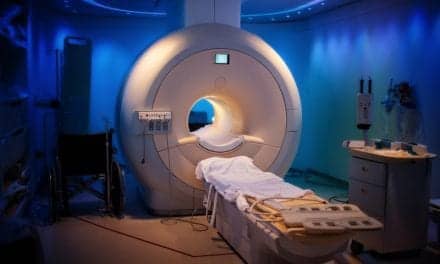A new literature review in the Journal of Allergy and Clinical Immunology examines the role of viruses in asthma pathogenesis and exacerbations.
Across multiple cohorts, researchers have identified polymorphisms in antiviral and innate immune genes including STAT4, JAK2, MX1, VDR, DDX58, and EIF2AK2, and these polymorphisms are associated with respiratory virus susceptibility and severity, virus-induced asthma exacerbations, and asthma or virus-induced wheezing phenotypes. In addition, various genes including ADAM33, IL4R, CD14, TNF, IL13, and IL1RL1 have been linked with both illness severity and asthma risk.
Rhinovirus virulence has been found to vary by species, with 1 study showing greater odds of moderate to severe illnesses with rhinovirus A (odds ratio [OR], 8.2; 95% CI, 2.7-25.0] and rhinovirus C (OR, 7.6; 95% CI, 2.6-23.0) compared with rhinovirus B in nasal lavage samples collected from 209 infants.3 The findings further showed that a greater number of wheezing illnesses were caused by rhinovirus A (n=27) and C (n=14) compared with rhinovirus B (n=0).
Rodent studies have found that rhinovirus infection “leads to the expression of epithelial-derived cytokines IL-25, IL-33, and thymic stromal lymphopoietin, as well as to an increase in ILC2 cells as an important source of airway IL-13,” as explained in the new review.










